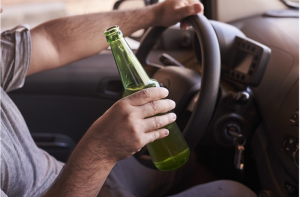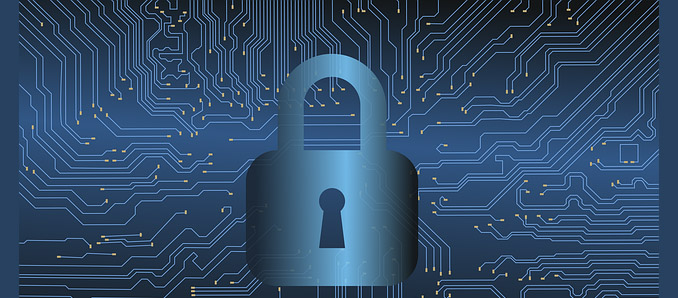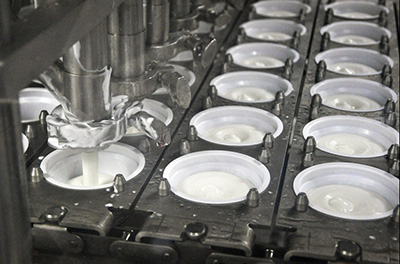Have you ever witnessed a car weaving erratically on the road, only to see it abruptly swerve into a ditch or collide with another vehicle? It’s a terrifying experience, and unfortunately, it often happens due to drunk driving. Drunk driving, or driving under the influence (DUI), is a serious crime that can have devastating consequences. Not only does it endanger the driver but also innocent bystanders.
We’ll discuss how to spot a drunk driver and what you can do if you encounter one in New Jersey. Knowing these signs can help you stay safe on New Jersey roads and potentially save lives. If you or someone you know has been involved in a drunk driving accident, it’s important to seek legal advice from a drunk driving accident lawyer in New Jersey to understand your rights and options.
Signs of Drunk Driving
Drunk driving can significantly impair a person’s judgment, reflexes, and coordination, leading to dangerous driving behaviors. According to the National Highway Traffic Safety Administration (NHTSA), approximately 11,000 people die each year in drunk-driving crashes.
Here are some common signs of a drunk driver:
Driving Behavior
- Swerving: A driver who is intoxicated may struggle to maintain their vehicle in the correct lane, often veering from side to side.
- Difficulty keeping between lines: This can be another indicator of impaired driving. A drunk driver may cross over lane markings or drift close to the curb.
- Drifting too close to the centerline or shoulder: This behavior suggests the driver’s ability to maintain a safe distance from other vehicles is compromised.
- Tailgating: Driving too closely to the vehicle in front can indicate impaired judgment and increased risk of a collision.
- Driving under the speed limit with excessive braking: Sudden speed changes can be indicative of a drunk driver struggling to control their vehicle.
- No use of turn signals or incorrect signals: An intoxicated driver may forget to use turn signals or use them incorrectly, putting other drivers at risk.
- Not using headlights: Driving without headlights, especially in low-light conditions, can significantly reduce visibility and increase the risk of an accident.
- Driving the wrong way: This is a particularly dangerous sign of drunk driving and can lead to head-on collisions.
- Not stopping at stop signs or lights: Failing to stop at stop signs or traffic lights can result in accidents and endanger the lives of pedestrians and other drivers.
- Stopping at intersections unnecessarily: A drunk driver may hesitate or stop at intersections when they have the right of way, indicating impaired judgment.
Physical Signs
- Slurred speech: A drunk driver may have difficulty speaking clearly or articulating their words.
- Bloodshot or glassy eyes: Alcohol consumption can cause bloodshot or glassy eyes.
- Difficulty maintaining balance or coordination: A person who is intoxicated may have trouble walking a straight line or maintaining their balance.
- Unusual behavior or mood swings: Alcohol can affect a person’s mood and behavior, leading to erratic or unpredictable actions.
If you witness these signs, you must exercise caution and report the suspected drunk driver to the authorities.
How to Respond to a Suspected Drunk Driver

If you suspect that someone is driving under the influence, it’s important to prioritize your safety and the safety of others. Here are some steps you can take:
- Safely distance yourself: Increase the space between your vehicle and the suspected drunk driver to avoid a potential collision.
- Document the behavior: Note specific actions, such as swerving, speeding, or failing to use turn signals. Also, record the time and location of the incident.
- Call authorities: Contact the police or emergency services immediately and provide as much information as possible about the driver, vehicle, and location.
- Do not confront the driver: Avoid escalating the situation by confronting the suspected drunk driver. This can put you and others at risk.
Remember, your safety is paramount. By following these steps, you can help protect yourself and others from the dangers of drunk driving.
Legal Considerations
Drunk driving is a serious crime with severe legal consequences. Depending on the jurisdiction, penalties can include fines, jail time, and the suspension or revocation of a driver’s license. In addition, drunk driving accidents can result in civil lawsuits, leading to significant financial damages.
Reporting suspected drunk drivers is crucial for public safety. You can help prevent accidents and save lives by providing information to the authorities. If you witness someone driving under the influence, do not hesitate to report them. Your actions could make a significant difference.








